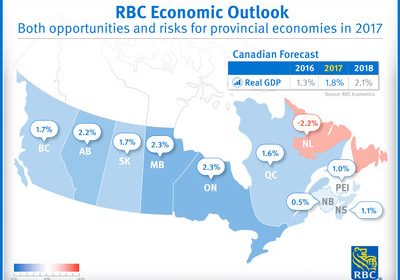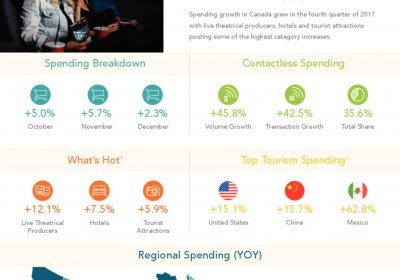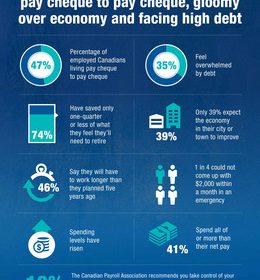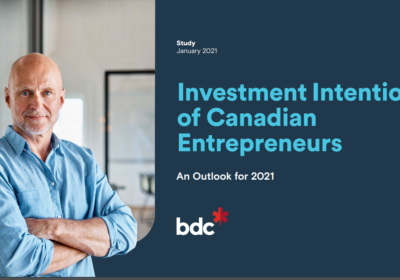BMO Survey: Canadians Lag Americans on Perceptions of Financial Progress but Strong Financial Habits Established During the Pandemic
With the U.S. on a faster trajectory to economic re-opening, nearly a third fewer Canadians feel confident about their financial situation compared to Americans according to BMO’s latest Real Financial Progress Survey. Despite this gap, Canadians are putting in the work on their financial fitness during the pandemic with a majority now establishing financial goals and putting money away regularly. Overall, the index in the U.S. increased compared to January’s measure while it remained flat in Canada.
The survey, conducted by Ipsos, broke down consumer sentiment about and attitudes towards money and whether Canadians feel they are getting ahead or falling behind:
- Views from the North and South: Slightly over a third of Canadians (37 per cent) feel confident that they are improving their financial situation right now. When looking at the U.S., that number jumps to 50 per cent. In Canadian cities, Montrealers are slightly more optimistic about their financial situation (42 per cent) while Canadians in Vancouver and Toronto sit below average at 35 per cent and 34 per cent, respectively.
- Goal setting: Canadians are taking the time in the pandemic to establish a good financial foundation. A healthy majority (69 per cent) are setting financial goals for themselves; specifically, most Canadians are looking towards and saving for retirement (58 per cent) and close to 40 per cent are working towards paying down debt. Most (74 per cent) also feel that they are on track to meet their financial goals.
- Savings muscles: Canadians are building healthy savings habits. 63 per cent indicated that they are tucking money away at least monthly, and over a third (36 per cent) are saving money from every paycheque. Canadians in Vancouver were the most likely to save from every paycheque (41 per cent).
“With the number of vaccinations increasing, and a gradual re-opening of the economy likely following, we expect to see a positive effect on Canadians’ sentiment,” said Gayle Ramsay, Head, Everyday Banking and Customer Growth, BMO Bank of Montreal. “By establishing a good financial foundation right now – setting out financial goals and saving for them – Canadians are taking a step in the right direction to make real financial progress. If we see this momentum continue, they will be poised for a stronger second half of the year. It’s an encouraging sign, and we remain focused on finding opportunities to support Canadians on their financial goals and ensuring that good financial behaviours developed right now are cemented into long-term habits.”
The “knowing/doing” gap
While many Canadians are taking steps to build strong financial habits, some can find themselves challenged between knowing what they should be doing to reach their financial goals but having a hard time actually doing it:
- 43 per cent of Canadians indicated that they often spend more than they should. Demographically, that number jumps for younger Canadians (Gen Z and Millennials) at 65 per cent and 52 per cent respectively.
- Slightly over one third of Canadians (34 per cent) revealed that they sometimes do things that worsen their financial situation, like making impulse purchases. Younger Canadians were the most likely to fall into this category. For Gen Z, 54 per cent said they often do things to worsen their financial situation. Millennials followed closely with nearly half (49 per cent) indicating that they don’t always make the best financial choices.
Having a monthly budget can go a long way to help keep Canadians on the right financial track, added Gayle Ramsay. A budget helps to manage and moderate spending and can also be increased or decreased as savings and discretionary spending allow. It’s also a good idea to view financial health as similar to physical health – going for regular check-ups are important. A good rule of thumb is to meet with a financial planner semi-annually to review budgets and savings plans and see where there are areas to improve and to have money saved up work harder.




